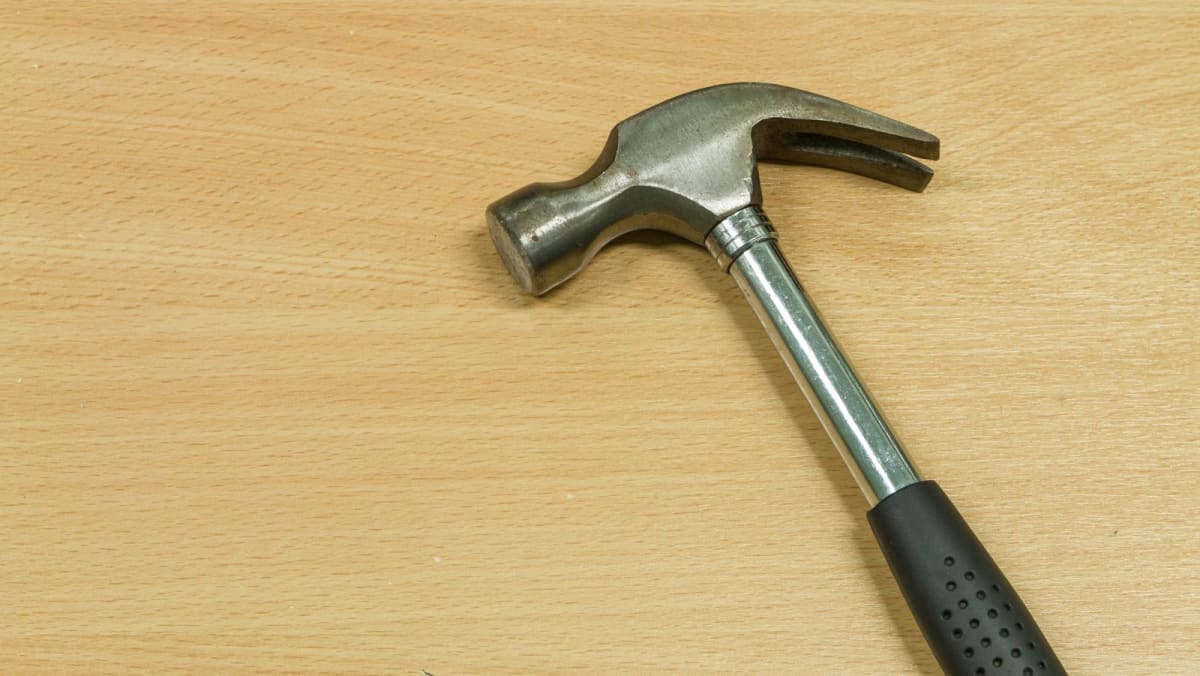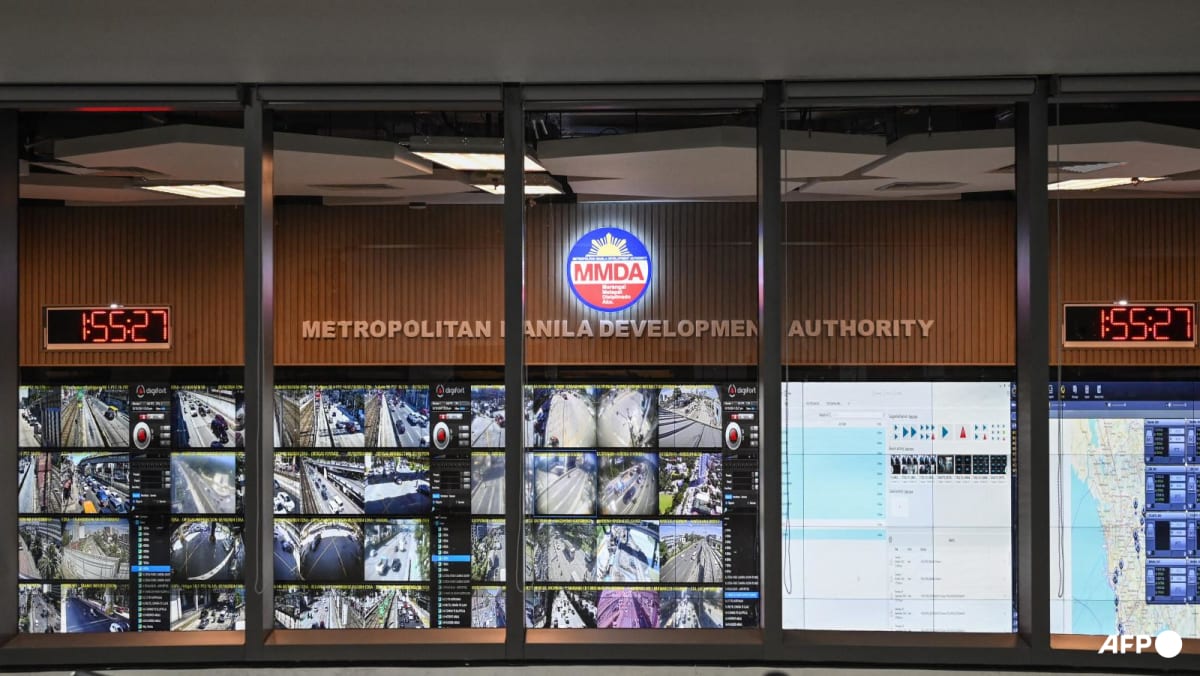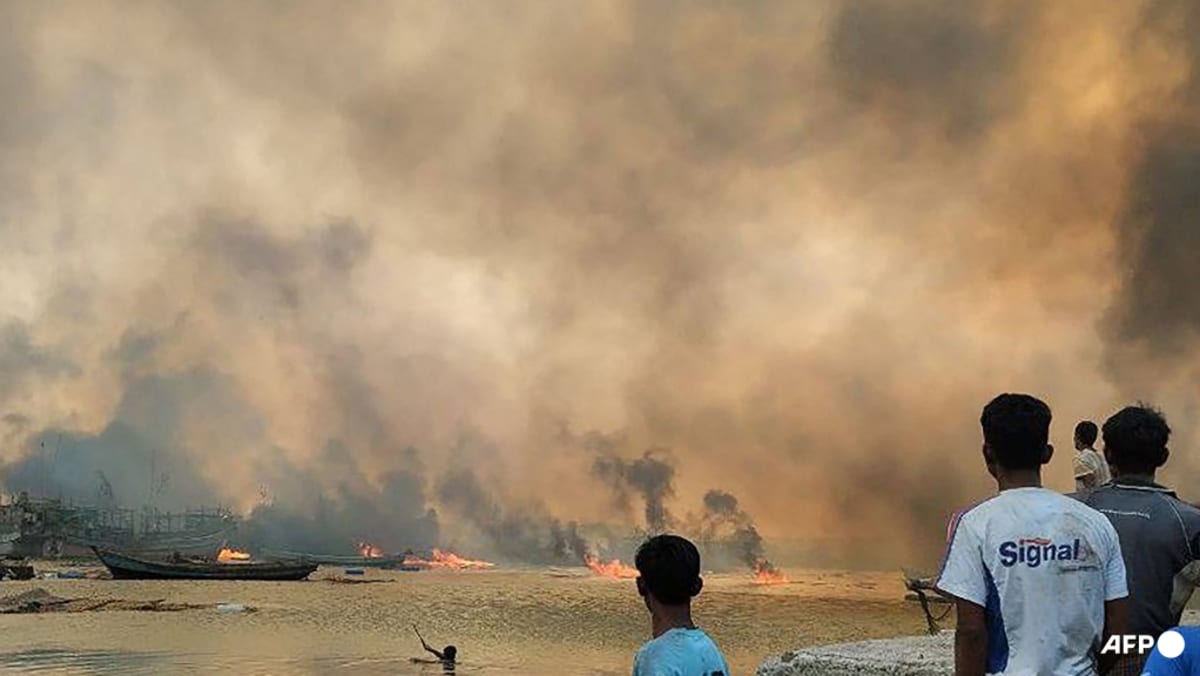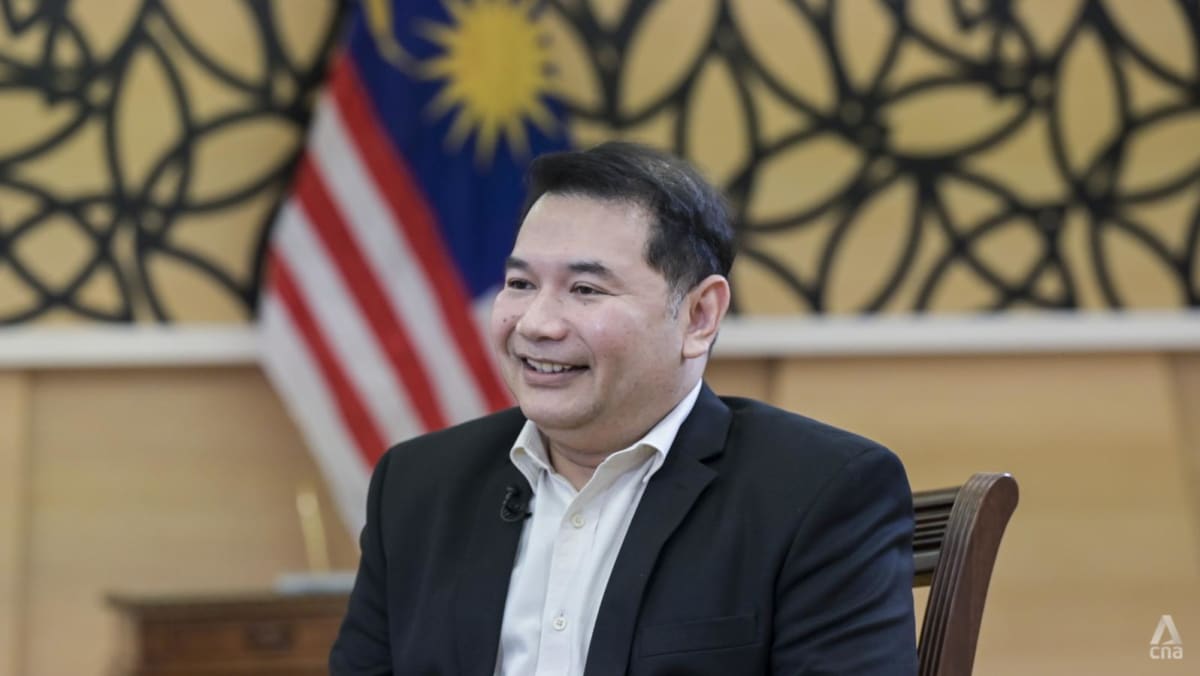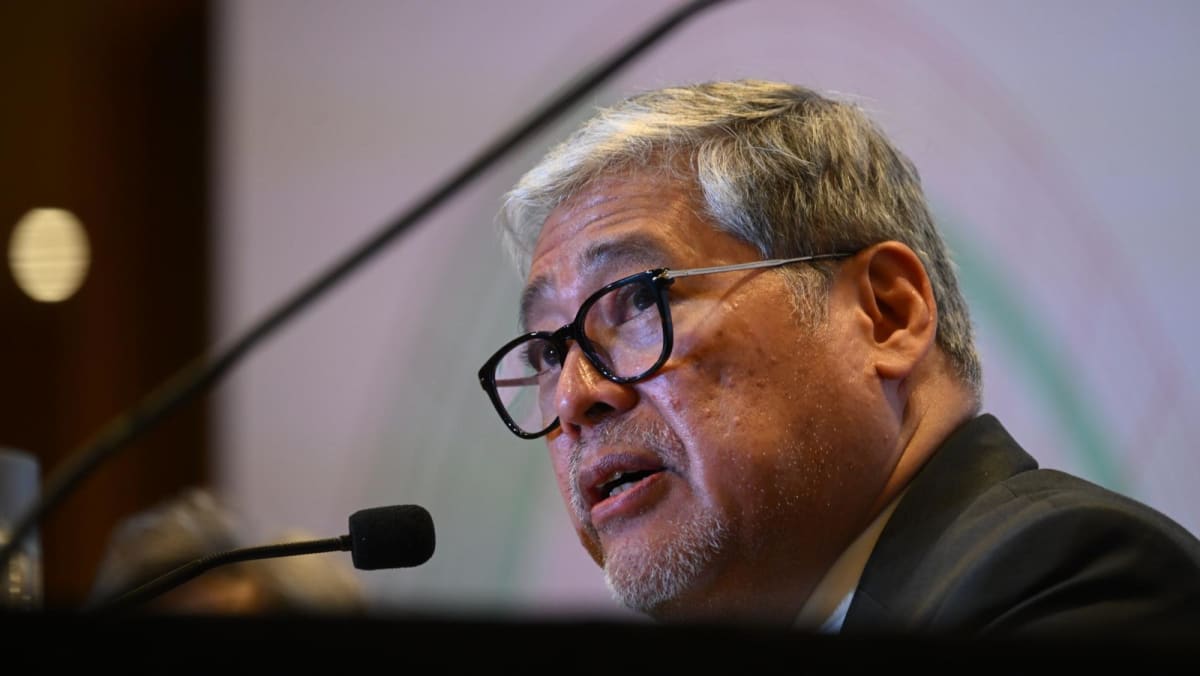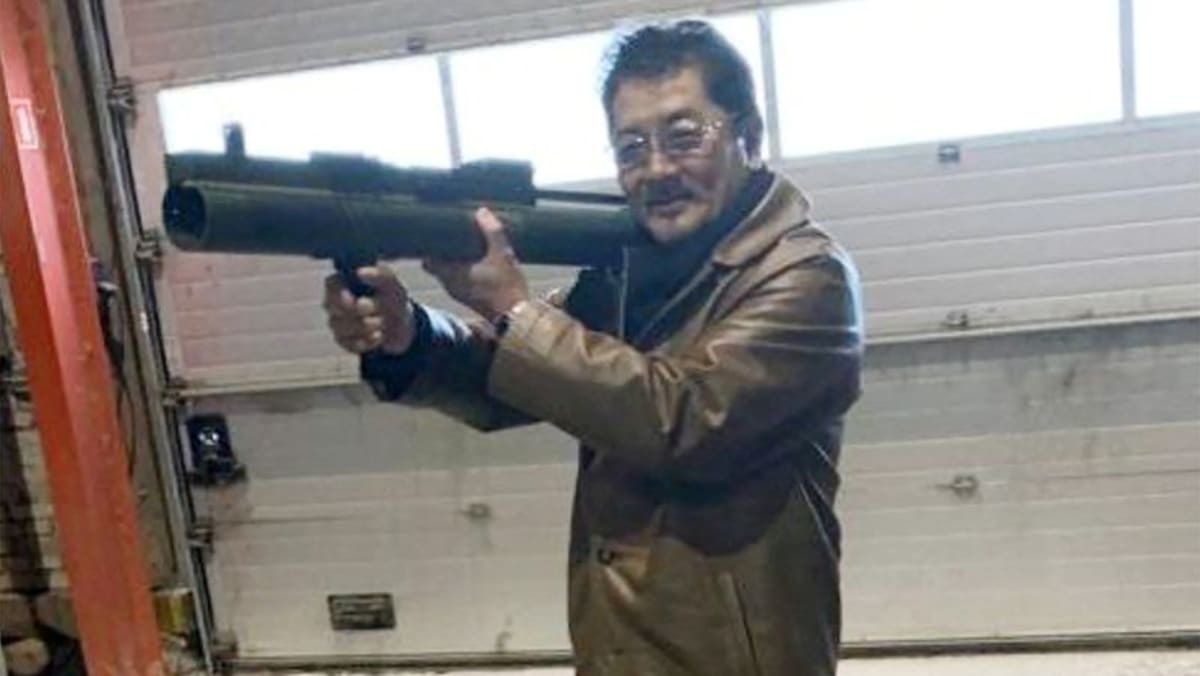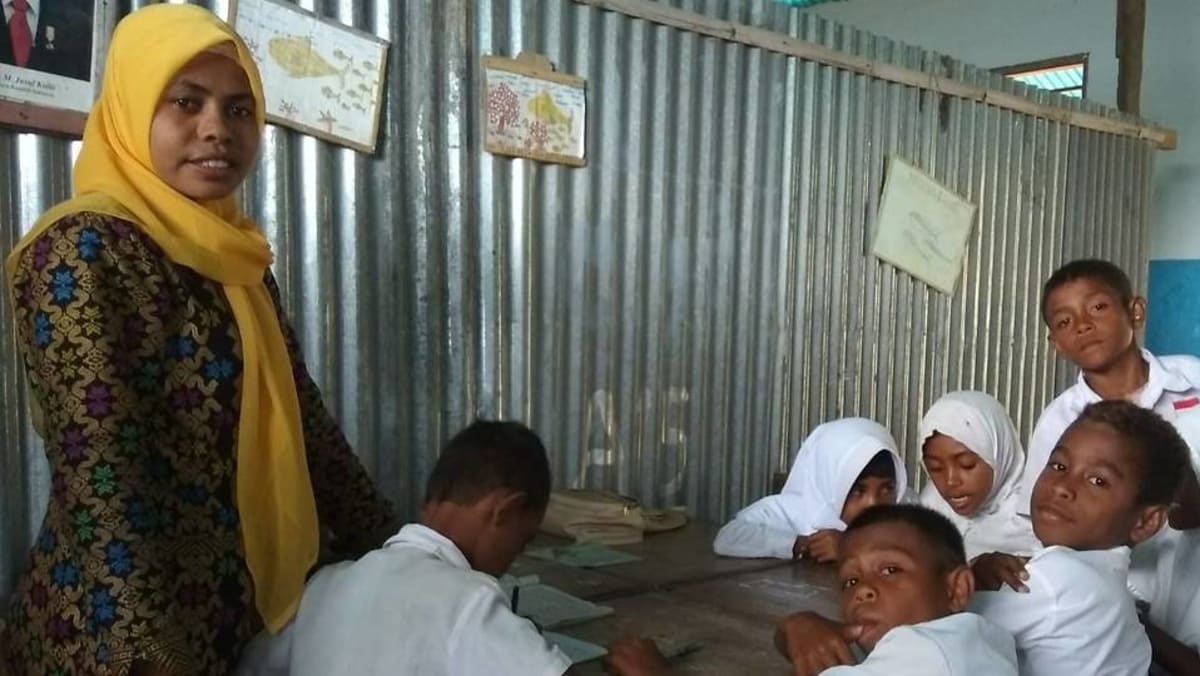Myanmar delegation visits Rohingya camps for repatriation scheme

TEKNAF: A Myanmar government team arrived in Bangladesh on Thursday (May 25) as part of a mooted pilot scheme to repatriate around 1,200 of an estimated 1 million Rohingya refugees.
The refugees have been stuck in ramshackle camps in southeastern Bangladesh since fleeing a 2017 crackdown by the Myanmar military that is now subject to a United Nations genocide investigation.
Bangladesh and Myanmar are looking to return around 1,100 people to the violence-racked state of Rakhine in the coming weeks even though the Rohingya have expressed major misgivings.
The team of 14 Myanmar officials, all in civilian clothes, arrived by boat in the Bangladeshi border town of Teknaf on Thursday morning and made no comment to reporters, an AFP journalist there said.
Shams ud Douza, Bangladesh’s deputy refugee commissioner, told AFP that the delegates would speak to Rohingyas who are earmarked to be repatriated, calling the visit a “confidence-building measure”.
Twenty Rohingya visited two resettlement camps this month in Rakhine, where the Myanmar junta plans to house them in what experts say is land that for generations belonged to the Rohingyas before being confiscated.
“We have no permanent representative in this repatriation process,” Khin Maung, a prominent Rohingya leader, told AFP.
“This repatriation process is just an eyewash. If they didn’t ensure our dignity, there is no point returning to IDPs (internally displaced people),” he said.
One Rohingya who is meant to be repatriated in the pilot project told AFP on condition of anonymity that they did not want to go back and live in Myanmar “as non-citizens and stay in IDP camps”.
“Our place should be given back to us, our right to live like other ethnic groups should be legally guaranteed. Otherwise we cannot believe the mass murderers,” they said.
Another, Semon Ara, 53, said: “What will we do living in IDP camps? We are citizens of Myanmar, not guests. Myanmar should give back our rights and repatriate us.”
Source: CNA



